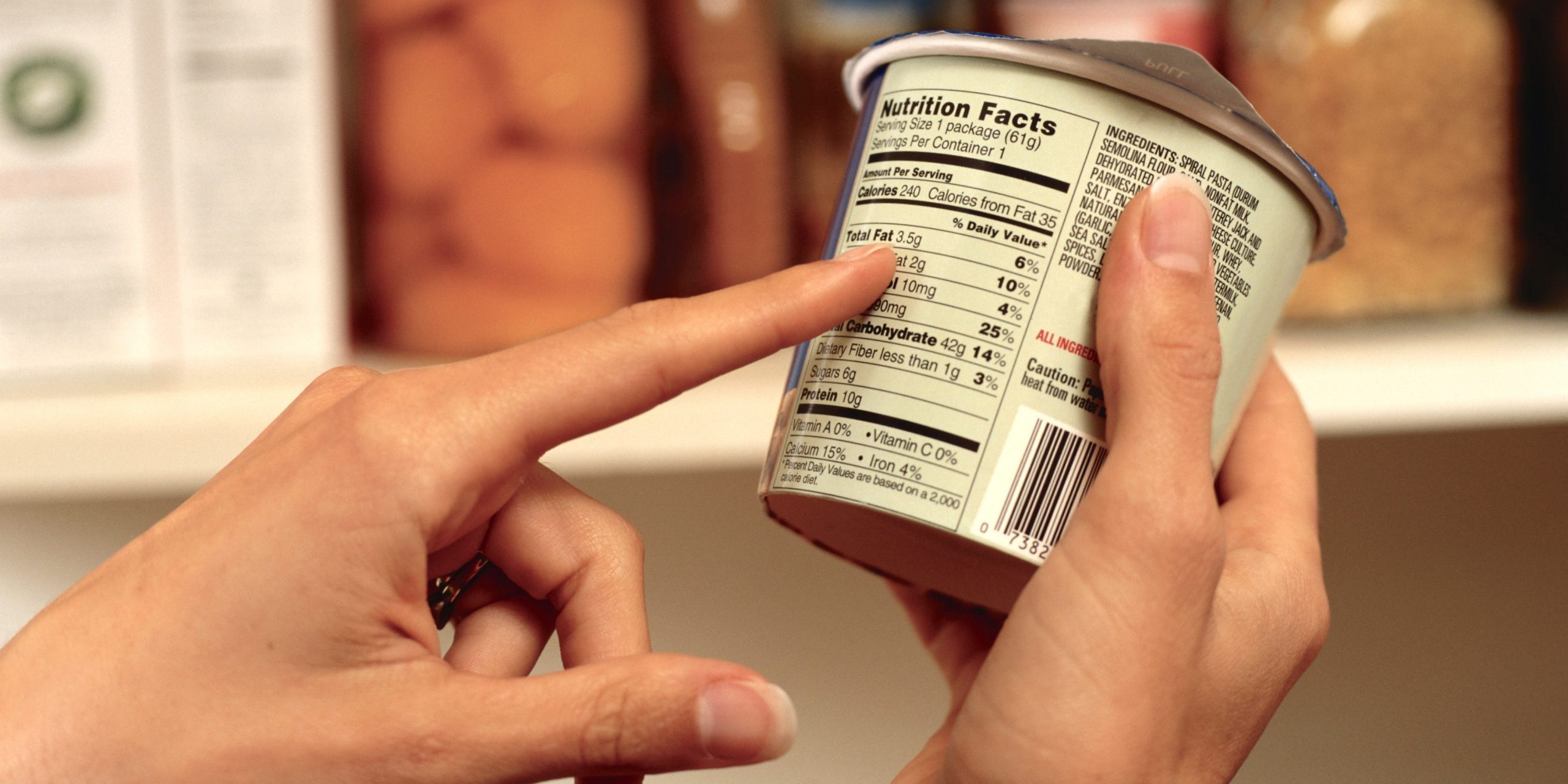
Ryan McVay/Getty Images
- To count carbs, you need to track how many grams of carbs you consume in each food you eat.
- Carbs are a type of nutrient that is your body’s main source of energy.
- Counting carbs may aid your weight loss goals and help control your sugar intake.
- Visit Insider’s Health Reference library for more advice.
Carbohydrates (or carbs) are a type of nutrient that occur naturally in several foods, including grains, nuts, seeds, fruits, vegetables, legumes, and milk. Carbs are normally the body’s main source of fuel. Your body breaks them down into glucose, which is an energy source for your cells, tissues, and muscles.
Counting carbs can help you manage your blood sugar levels if you have diabetes or cancer. Certain low-carb diets may also require you to count carbs and restrict your intake, to help you lose weight.
To count your carbs, you need to keep track of how many servings you eat as well as the number of carbs in each serving. While it sounds complicated, “it can absolutely be easy if you know how to do it,” says Rebecca Tonnessen, RDN, at the Hospital for Special Surgery in New York.
Carb counting is slightly different from counting calories, however. “When you count carbohydrates, you are counting a specific nutrient, whereas when you count calories, you are counting the overall energy you receive from that food. Calories include carbs, fats, and proteins,” says Tonnessen.
Here’s what you need to know about carb counting, and how to get started.
What are carbs?
Carbohydrates, proteins, and fats are macronutrients; your body requires them in large amounts because they provide energy in the form of calories. Vitamins and minerals on the other hand are micronutrients that your body requires in small amounts; they don't offer calories but they are essential to healthy growth and development, and disease prevention.
When you consume carbs, your body breaks them down and converts them into glucose, i.e., sugar. The glucose then enters your bloodstream, elevating your blood sugar levels. It is then transported to cells and tissues throughout your body as a form of energy.
How do you count carbs?
The first step when it comes to counting carbs is usually to figure out how many carbs you should consume per day. Your healthcare provider can help you estimate how many grams of carbs or servings you need. While it is generally recommended that you get around half your calorie intake from carbs, the actual amount you need can vary depending on your weight, age, activity levels, and health goals, among other things.
To count carbs, you need to look up how many carbs are in the foods you eat and keep track of how much you eat of each food.
Nutrition labels on foods can help you determine how many carbs are in that food. For instance, if a nutrition label says a food has 10 grams of total carbohydrates per cup and you eat two cups, that works out to 20 grams of carbs. If the food doesn't have a label, you can look it up on the internet or in a carbohydrate-counting book.
Another approach is to track your servings. Approximately 15 grams of carbohydrates are considered to be one serving.
Does counting carbs help with weight loss?
Monitoring your carb intake can make you more mindful of your portion sizes, thereby helping you lose weight. If you are able to cut 500 calories from your diet per day, you can lose around 1 pound of weight per week.
Some low-carb diets, like the Atkins and keto diets, require you to count your carbs and limit your intake. According to the Mayo Clinic, low-carb diets can help you lose weight and reduce your risk of type 2 diabetes and metabolic syndrome.
However, weight loss isn't the only reason one might consider counting carbs. You might need to count your carbs if you have diabetes and need to manage your blood sugar levels.
"Patients with type 2 diabetes may need to consider counting carbohydrates if they are on insulin in order to help regulate their blood glucose. People with well-controlled diabetes or pre-diabetes do not necessarily have to count their carbs but definitely want to be mindful of portion sizes," says Tonnessen.
Your healthcare provider may also ask you to count your carbs if you are undergoing treatment for cancer, since certain cancer medications can cause your blood sugar levels to fluctuate.
Insider's takeaway
Carbs are an integral part of our diets and the body's preferred source of fuel. If you have diabetes or cancer, or if you are practicing a low-carb diet, you may need to count your carbs in order to manage your blood sugar levels, or to meet your weight loss goals, respectively. You may also need to count your carbs as well as your other macros if you're a bodybuilder and want to bulk up your physique.
Carb counting can seem intimidating, but it gets easier once you get the hang of it. The trick is learning to read nutrition labels and estimate portion sizes.
"If your food has a label, check the label for total carbohydrates. Other foods without labels can be found in apps such as MyFitnessPal or even a quick Google search. Websites such as Eatright.org and Diabetes.org have great resources for carb counting," says Tonnessen.
Related articles from Health Reference:
- Science-backed benefits of saffron - the world's most expensive spice
- Many health claims about bee pollen are unproven - here are 3 benefits backed by science
- 7 science-backed benefits of drinking water - and how much water you should drink each day
- Many health claims about celery juice are false - here are 4 proven benefits backed by science
- 6 proven health benefits of beets: How the root vegetable may improve athletic performance and help you lose we